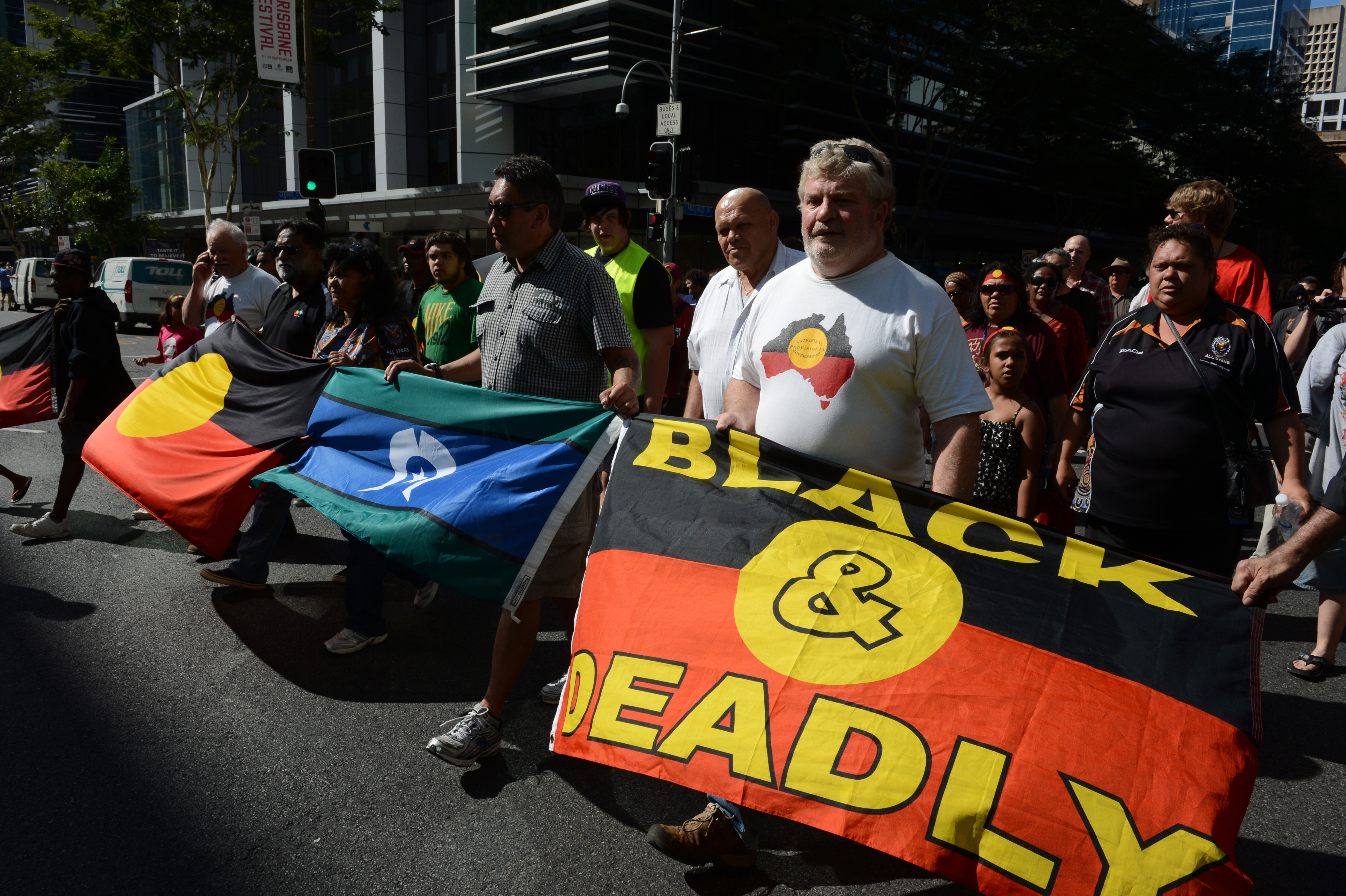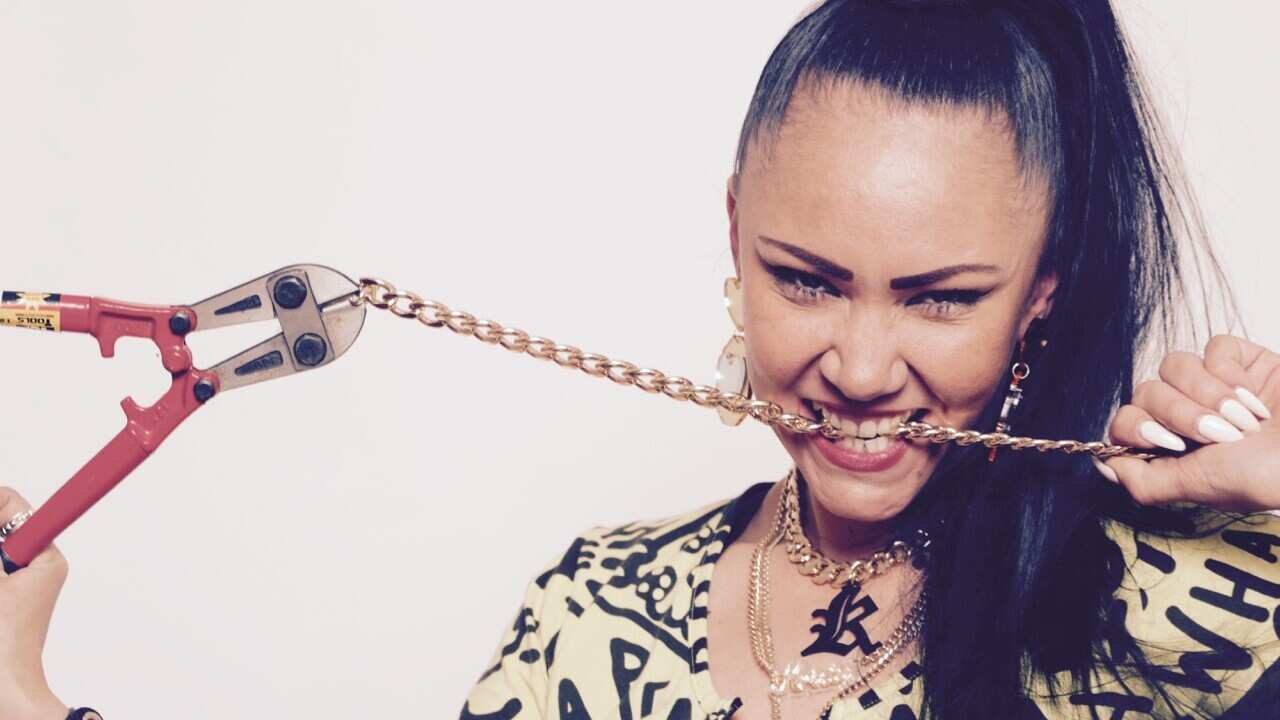ACT Aboriginal and Torres Strait Islander Affairs Minister Rachel Stephen-Smith has denied there is a deliberate targeting of Indigenous people by police.
“We need to get to the bottom of this, there is absolutely a commitment to get to the bottom of this,” she said on ABC Radio.
But prominent Canberra Indigenous leader, Julie Tongs said the increases were “disgusting”, and labelled it “racism”.
It follows a report in the which said Indigenous Canberrans were apprehended 35 per cent more often than four years ago, while there was a fall for non-indigenous apprehensions.
At the same time, arrests of Indigenous people rose by 64 per cent over the last four years, while arrests of other Canberrans rose by just 24 per cent.
The ACT Indigenous population is 7500 according to the ABS, while the territory’s overall population is 397,000.
“They can call it what they want, I call it racism, and our mob are easy targets.”
Minister Stephen-Smith was unable explain the dramatic increases.
“[Police] certainly don’t have a policy to specifically target any sector of the community,” she said.
“These things are actually quite complicated and a driven by a number of factors.
“We absolutely need to ensure that police, and across the system, are not targeting specific members of the community.” But the Minister couldn’t explain why there had been an increase, what was driving it, or if Indigenous people were being targeted.
But the Minister couldn’t explain why there had been an increase, what was driving it, or if Indigenous people were being targeted.

Source: AAP
“The numbers are the numbers, those are the numbers, I’m not going to dispute that those are the numbers.”
However, the Minister said the ACT Government had a commitment to address the matter.
“The Police Minister has been very, very clear with ACT Policing that early intervention and diversion strategies are to be the priority, particularly for vulnerable groups, link young people and Aboriginal and Torres Strait Islander people,” she said.
“We see it on a daily basis, it’s racial profiling...A lot of our young fellas are getting strip searched on the side of the street.”
Indigenous leaders told the ABC many Indigenous Canberrans still feel targeted by authorities.
The chief executive of , Julie Tongs, said the increases were not good enough.
“The Police are the reason we see more Aboriginal people incarcerated,” she said.
“They can call it what they want, I call it racism, and our mob are easy targets.” The principal of the ACT Aboriginal Legal Service, Leo Nickels said politicians can’t sit on the fence on these matters, and need to address the core issue.
The principal of the ACT Aboriginal Legal Service, Leo Nickels said politicians can’t sit on the fence on these matters, and need to address the core issue.

Source: AAP
“We see it on a daily basis, it’s racial profiling,” he said, “A lot of our young fellas are getting strip searched on the side of the street.”
“Cautions are almost non-existent – we would like some clarification from Police about arrest versus cautions.”
Mr Nickels said cultural awareness was part of the pollution to these challenges.
“We as a community want to work with the federal police,” he said.
But Mr Nickels said there is some positive news from the government data.
“I’ve noticed in the stats, that numbers of Aboriginal and Torres Strait Islanders are being referred to sobering up shelters, instead of the watchhouse has increased as well. You have to look at the positives as well as the negatives."
ACT Police have been asked to comment on the matter.
It comes amid calls for an Aboriginal and Torres Strait Islander Social Justice Commissioner role to be created in the ACT Human Rights Commission.
“We need to have that conversation with the community, and we will be led by what the community wants.”
The call has been backed by the head of the ACT Human Rights Commission, Dr Helen Watchirs.
“Certainly I would support that,” the commission president told (she said this live on my show) “We have it at a Federal level, there’s no reason why we can’t have it at the local level.”
“It’s just a matter of resources being provided by the Government.
“I champion the Reconciliation Action Plan, but I would actually prefer to have an Aboriginal Commissioner.”
Aboriginal and Torres Strait Islander Affairs Minister Rachel Stephen-Smith did not state her position on an independent Indigenous commissioner.
“Well I think we need to have that conversation with the community, and we will be led by what the community wants,” she said.
RECOMMENDED ARTICLES:

Bring on the bling: Haus of Dizzy makes bold earrings in deadly designs




